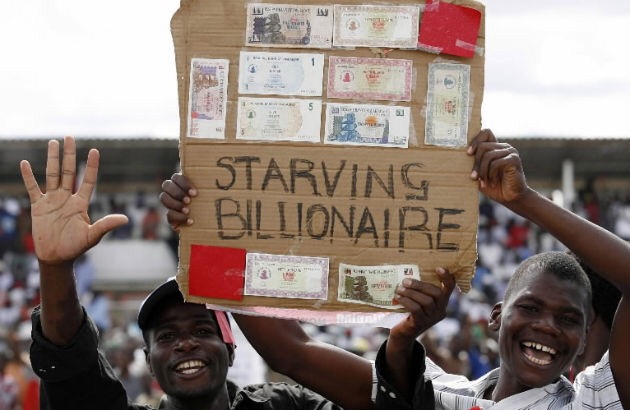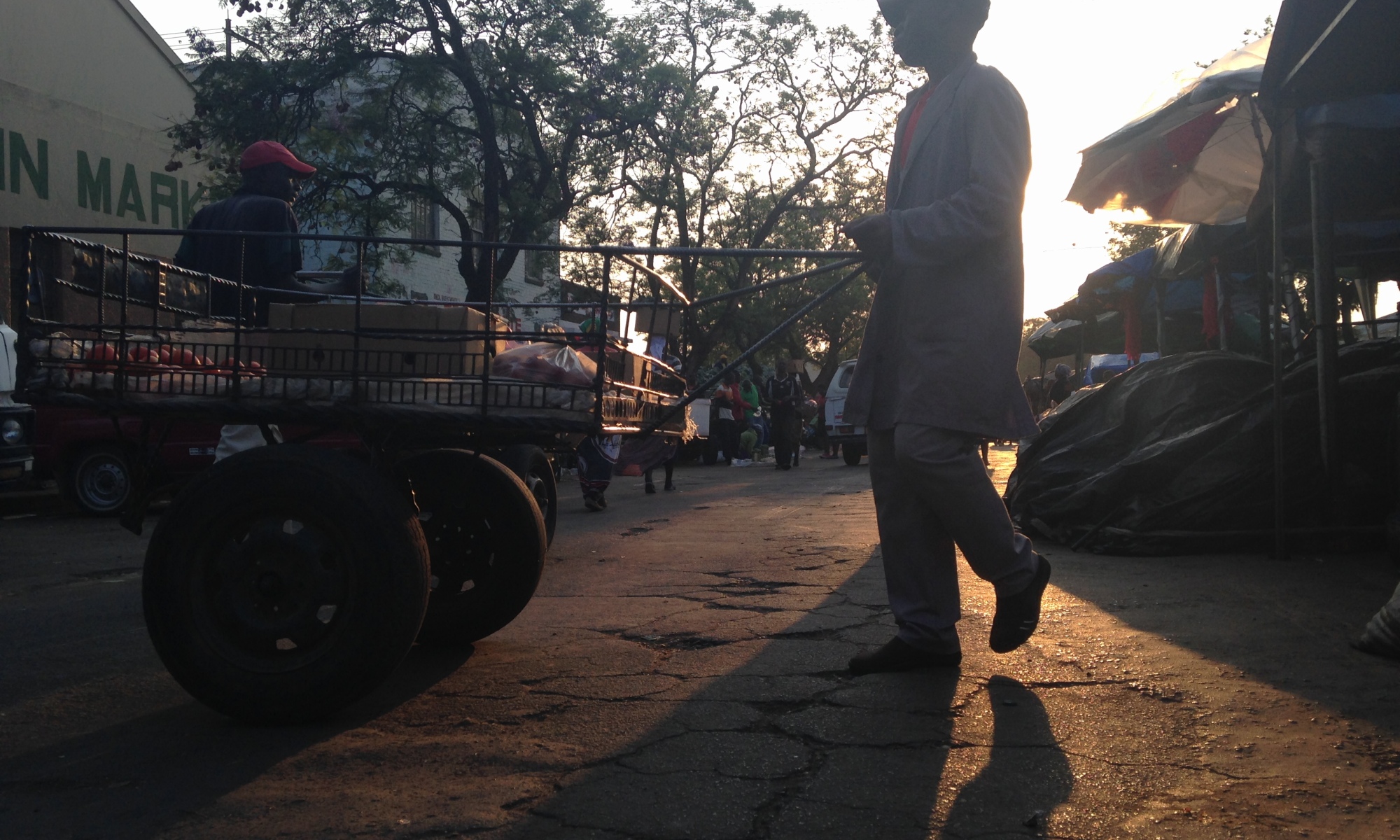Apartheid, the worst mental experiment ever visited on African people, was in force in South Africa for 46 years between 1948 and 1994. My country, Zimbabwe, has been under the rule of one party and one man, for 37 years going on 38. In those 37 years they have built a formidable system of control that can only be rivaled in its insidiousness, bloodlust and the total devotion of it’s practitioners by apartheid. Much as in South Africa under successive apartheid governments, ZANU PF control almost every facet of Zimbabwean life and that which they do not control, they ban. Next year Zimbabweans go to vote and it is highly unlikely that the ruling party will lose that election or the one that will follow it in 2023, so by the time we get to 2028, ZANU will have been in power for 48 years.
Apartheid was a grand scheme that ensured the management of every aspect of daily life to the benefit of the white minority at the expense of the black majority by whatever means necessary. In the same spirit, ZANU PF has ruled Zimbabwe since 1980 for the benefit of a select elite, by whatever means necessary. Like in apartheid South Africa, this has included mass and targeted killings, forced removals, propaganda wars, using the police as the state’s first line of defence against disruptive elements, complete control of traditional media and, inflicting a terrible mental burden on the entire population.
Mthetho Tshemese, a South African clinical psychologist, speaks of that country’s unfinished business, the deep psychological scars that were inflicted on the nation under first colonialism then apartheid which continue to be the cause of much suffering more than 23 years into democracy. For many decades, but particularly since 1980, Zimbabwe has similarly gone through a collective psychological trauma that presents itself in the most horrifying ways. One just has to open a newspaper to the courts section to read of horrendous crimes people commit against one another, nevermind the impunity with which our politicians commit violence against opponents. Has anybody stopped to think of what damage has been wrought on the minds of people who have known nothing but a brutal regime for over 37 years? I use the term brutal for lack of a more accurate one because it is woefully inadequate to describe a state that has presided over the deaths and displacement of millions since coming to power under the pretense of liberating said millions from a colonial state that disenfranchised them only to do the same, and in some cases, worse.
Today I heard on Zimbabwean twitter of a video circulating about children as young as 9 selling themselves for sex so they can feed their younger siblings. I have not seen this video and do not know if it has been verified but you are free to search for it. Just the thought that this may be true, left my heart heavy. What made this worse were the obscene comments by some people who should know better. This brought me to terms with the real possibility that as a nation, the end of ZANU rule may only be the beginning of a new bitter chapter.
Long after ZANU is gone and it’s next to impossible to find anyone who admits to ever having voted for them we will have inherited this society of shattered dreams and broken minds. What fresh hell will Zimbabwe be then? I worry that a new vicious, violent and desensitized Zimbabwe is forming before our very eyes perpetuated by those who aspire to rule us until eternity. These rulers thrive on chaos or at least the threat of it and a dysfunctional society suits their purposes. A society where a father cannot be trusted with his daughters, a son cannot be trusted with his grandmother, sex is a commodity to be traded for survival, cabinet ministers ban a woman from the country for not wearing panties and the state-controlled media praise the “mother of the nation” for viciously assaulting a defenseless woman whilst visiting a foreign country as ten bodyguards watch.
This is the true legacy of ZANU PF’s misrule and anyone who dreams to unseat them needs to know this is the nation they will inherit. Any ideas of national healing will have to go way beyond standard interviews with victims of direct political violence but to the children, by then adults, who were displaced and grew up damaged since 1980. These are the streetkids who have poured into the cities since the mid 1990s. They are the children who have had to end schooling early to sell sweets and airtime or beg with their parents on street corners in foreign lands. They are the children forced to trade their innocence for survival and that of their siblings. They are the husbands and wives who are only together in name because one spouse had to leave Zimbabwe to go work in Canada and hasn’t been back in so long they’re kids only know them from photos not knowing if they will ever return. They are the graduates who spend their days outside the bottle store looking to put coins together so they can stay numbed with liquor and not have to think too much about just how shitty their lives are. They are the grandmother who at 73 ploughs her plot to raise 8 grandchildren after their parents died of AIDS whilst a profligate state spends millions sending delegates to international conferences. They are the doctors and nurses who simply cannot go on with the pretense of a health system and now unemotionally tell patients the horrible truth that there is nothing they can do for them.
Rwanda is hailed around the world for how they prosecuted the perpetrators of the 1994 genocide and associated crimes, to is also one of the continent’s most economically progressive and investor-friendly nations. In 2016 I visited Kigali and the conversation inevitably came up, though I did not participate, I listened. One guy spoke of how seeing people who killed your family now back on the street after serving 20 years in jail was like a secondary trauma despite Rwanda’s efforts at national healing. What more those who were too young in 1994 to understand what was happening and are only now coming to terms with what actually happened? How do they accept this as part of their history and how does this affect them? What does this mean for the national psyche going forward?
We are a nation of millions of broken Zimbabweans who bear the psychological scars of an oppressive system that has robbed us of our humanity so as to easier subjugate us. This is the nation of Zimbabwe today and I fear for what the future will bring, fixing the economy is very possible but if we are a nation of broken people there is not enough money in the world to fix that. This, is Zimbabwe’s unstarted business.


